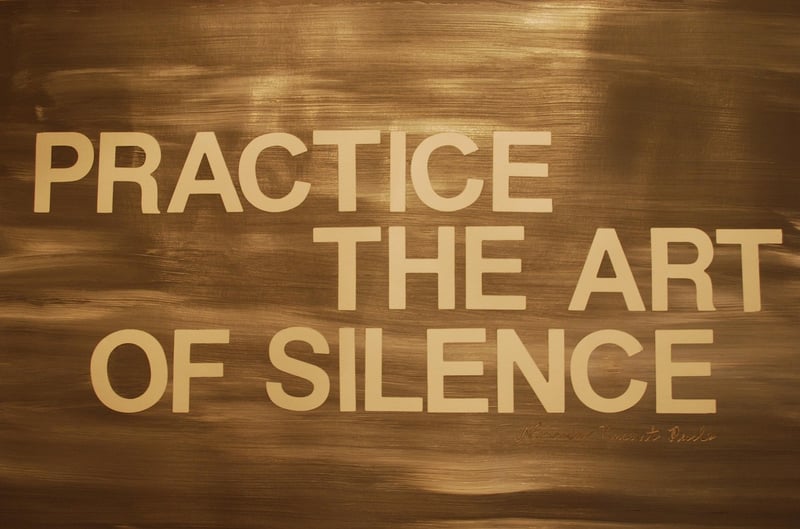Restorative Practice
The Power of Physical and Mental Wellness in Restorative Practice
Introduction
Restorative practices focus on building relationships and repairing harm through inclusive processes. One crucial aspect that enhances the effectiveness of restorative practices is the integration of physical and mental wellness. By prioritizing well-being, individuals can engage more meaningfully in restorative processes, leading to better outcomes for all involved.
Benefits of Physical Wellness
Physical wellness plays a vital role in restorative practice by promoting overall health and resilience. Regular exercise, adequate sleep, and a balanced diet can significantly impact an individual's ability to engage in conflict resolution and community building. When people feel physically well, they are better equipped to handle challenging situations with clarity and composure.

Image by StockSnap from Pixabay
Importance of Mental Wellness
Mental wellness is equally essential in the context of restorative practice. Practices such as mindfulness, meditation, and counseling can help individuals manage stress, improve emotional intelligence, and foster empathy. When participants are in a positive mental state, they are more likely to engage in restorative dialogue constructively.

Image by Wokandapix from Pixabay
Integrating Wellness into Restorative Practice
To enhance the effectiveness of restorative practices, it is crucial to integrate wellness initiatives into the process. This can include wellness breaks during meetings, mindfulness exercises before dialogues, or providing resources for mental health support. By creating a holistic approach that prioritizes wellness, restorative practices can yield more sustainable and positive outcomes.
Conclusion
Physical and mental wellness play a significant role in enhancing the impact of restorative practices. By prioritizing well-being, individuals can approach conflicts and resolutions with a clearer mind and empathetic heart. Integrating wellness into restorative processes not only benefits individual participants but also promotes a culture of understanding and healing within communities.
